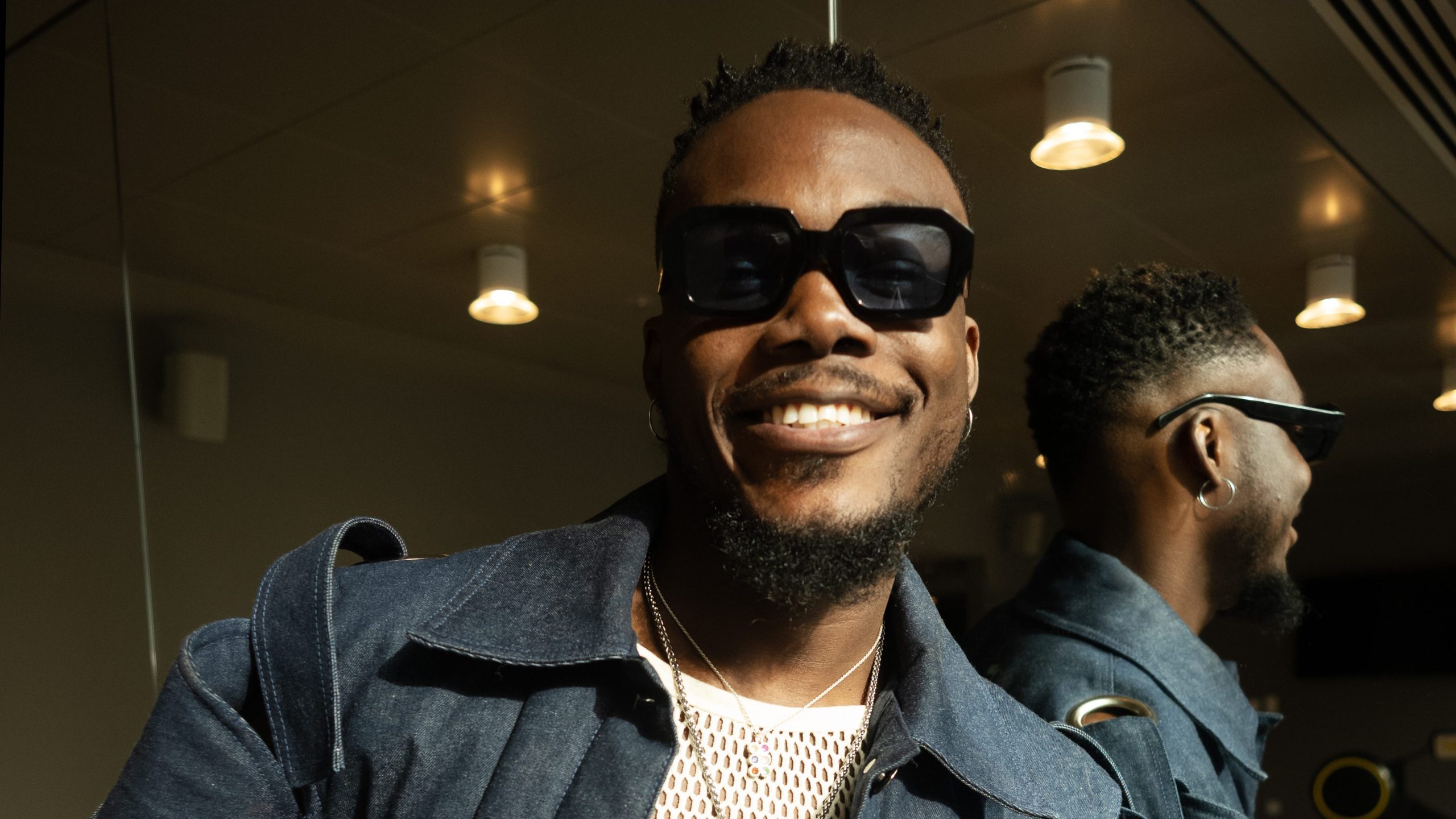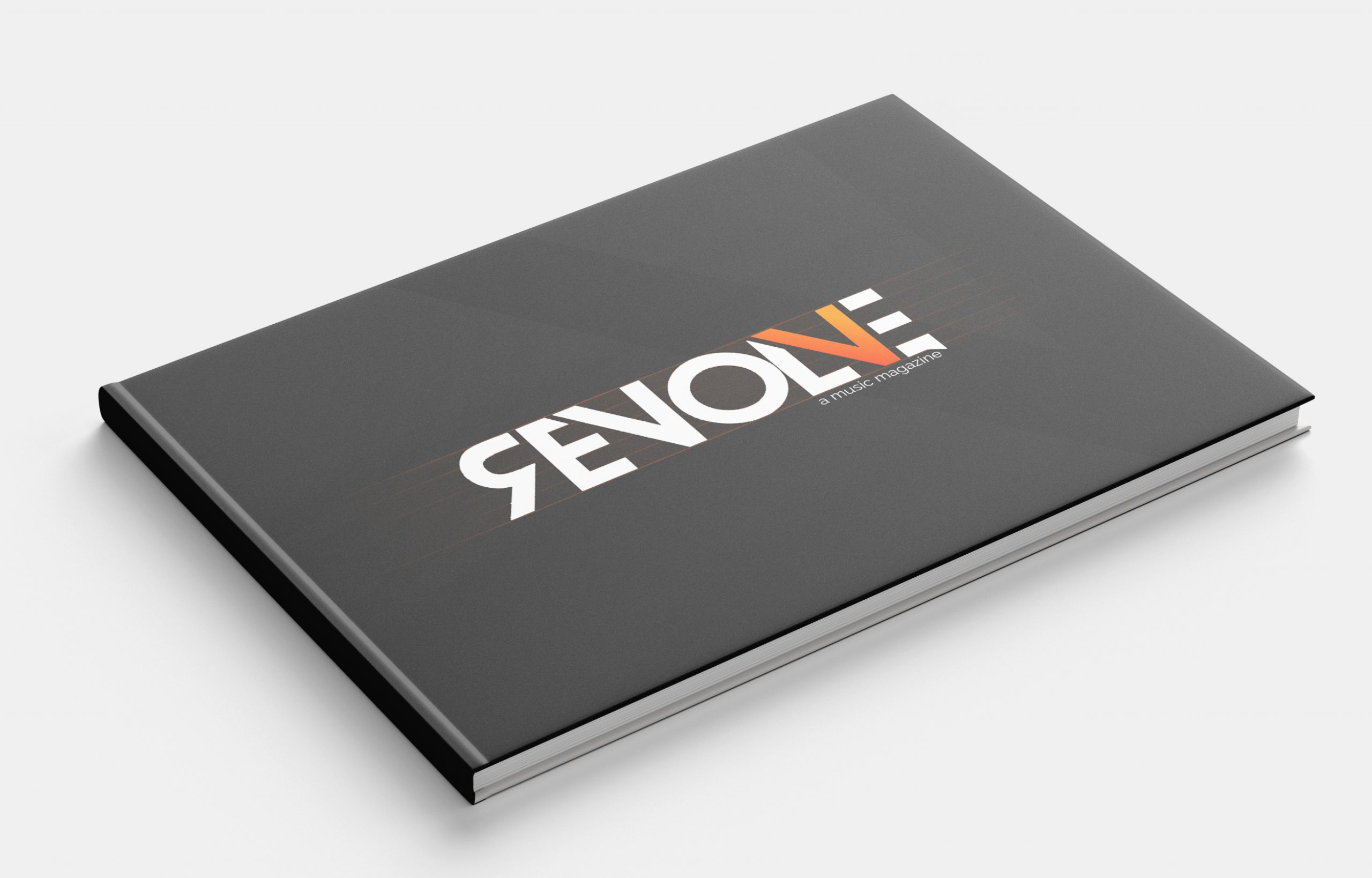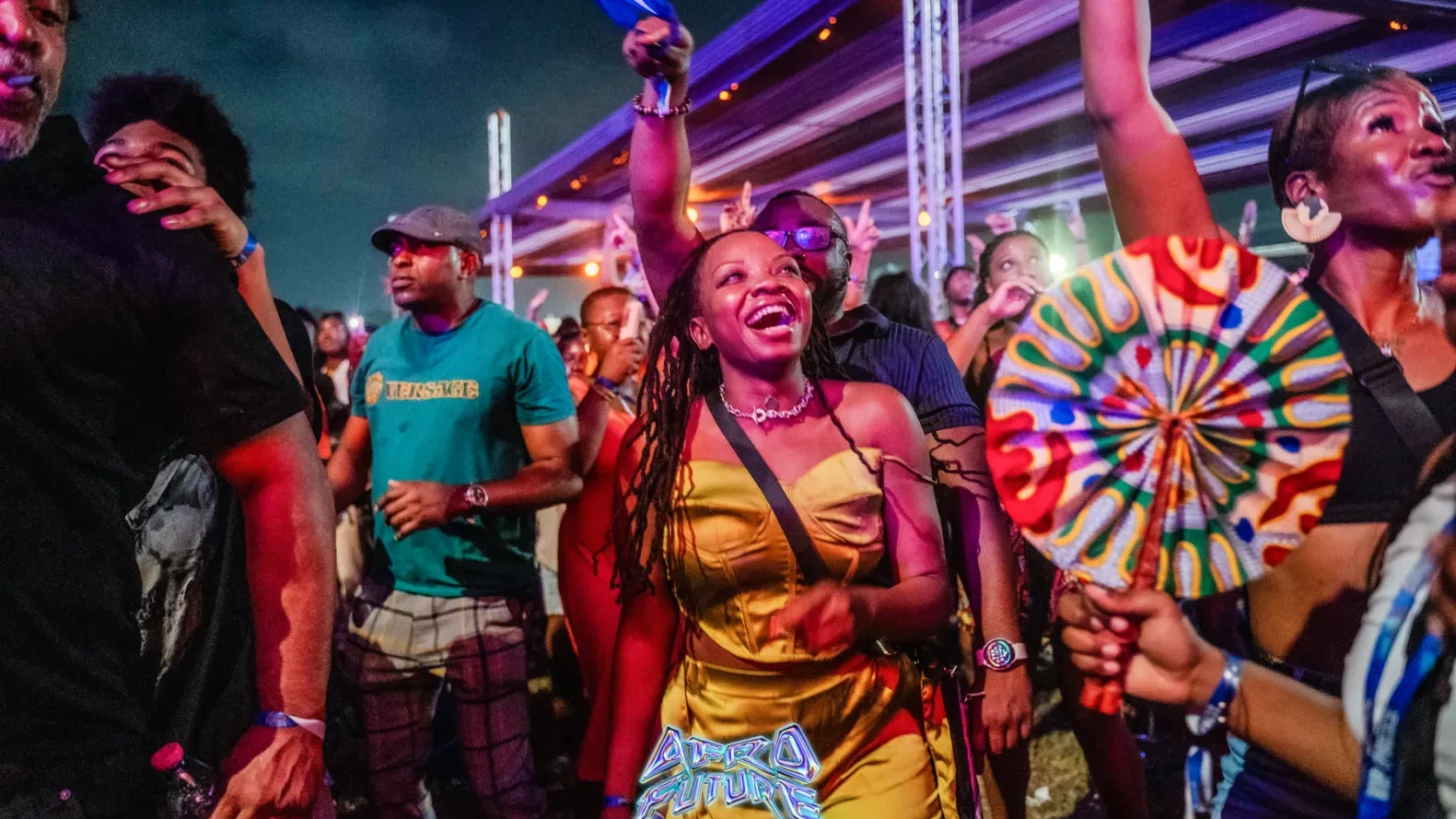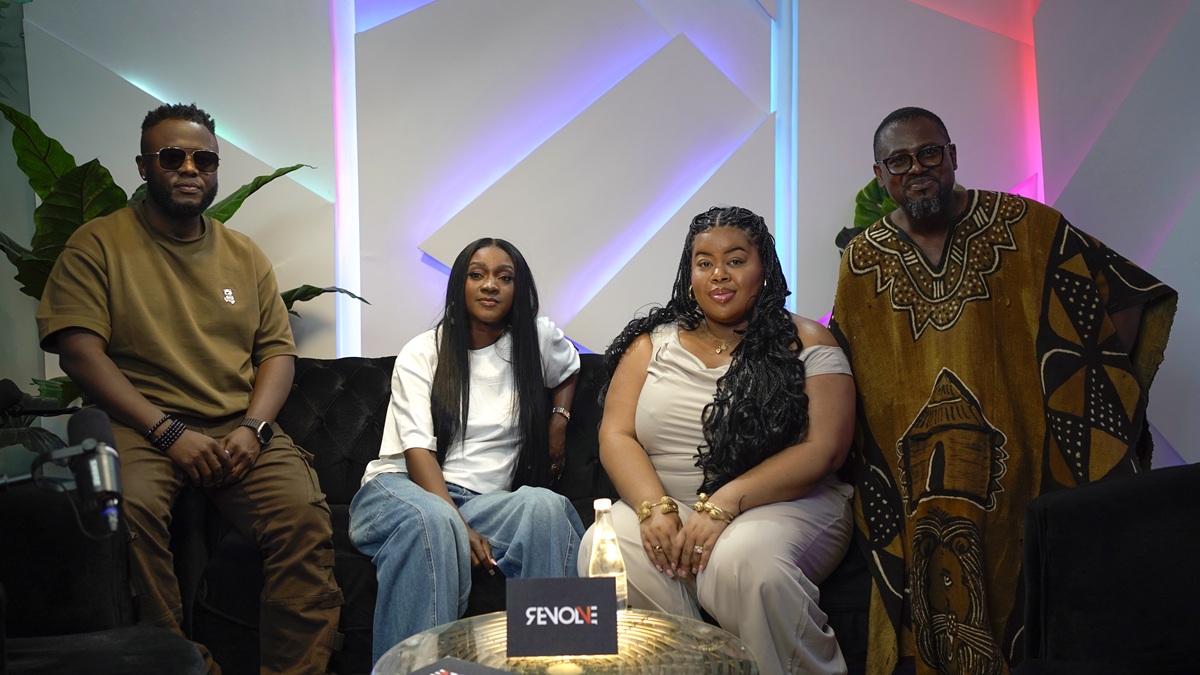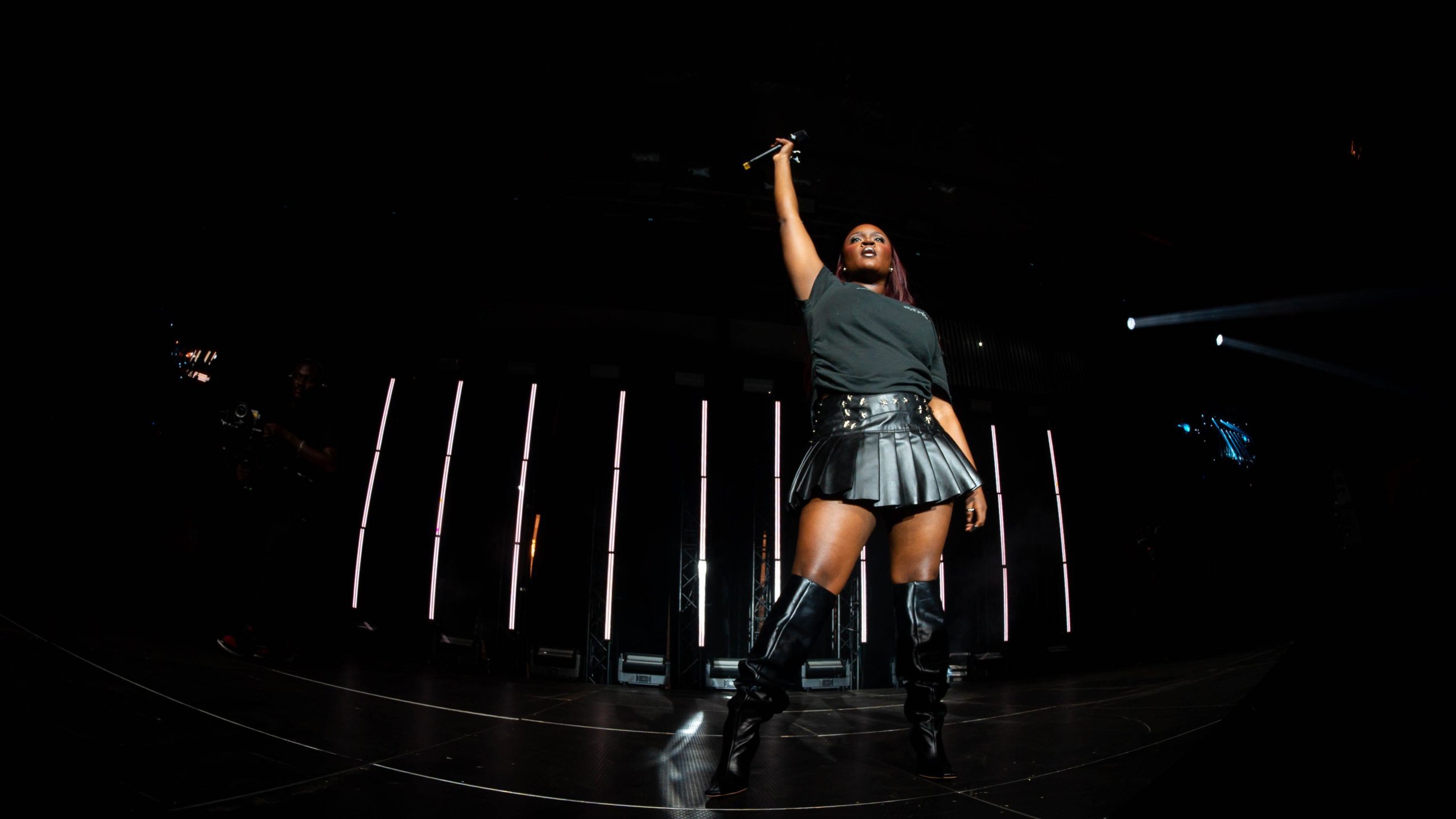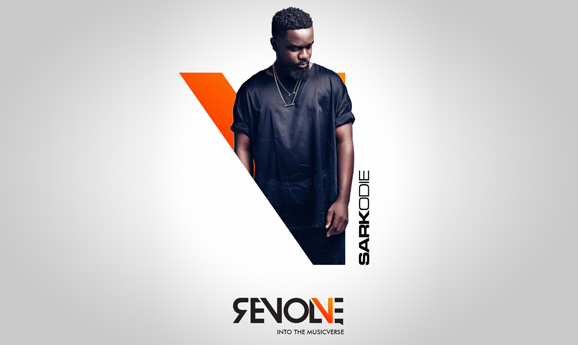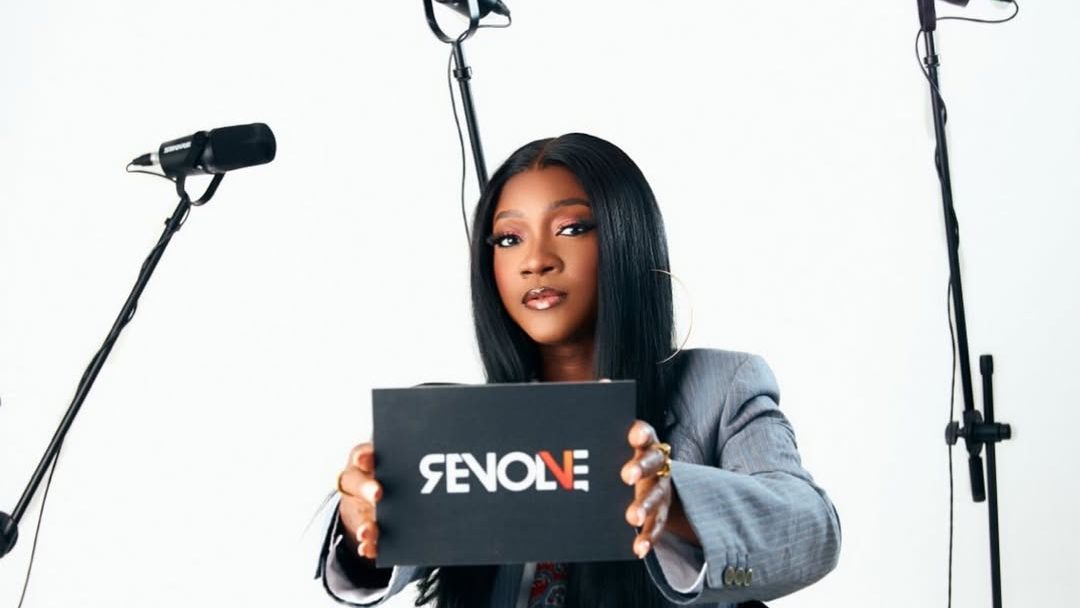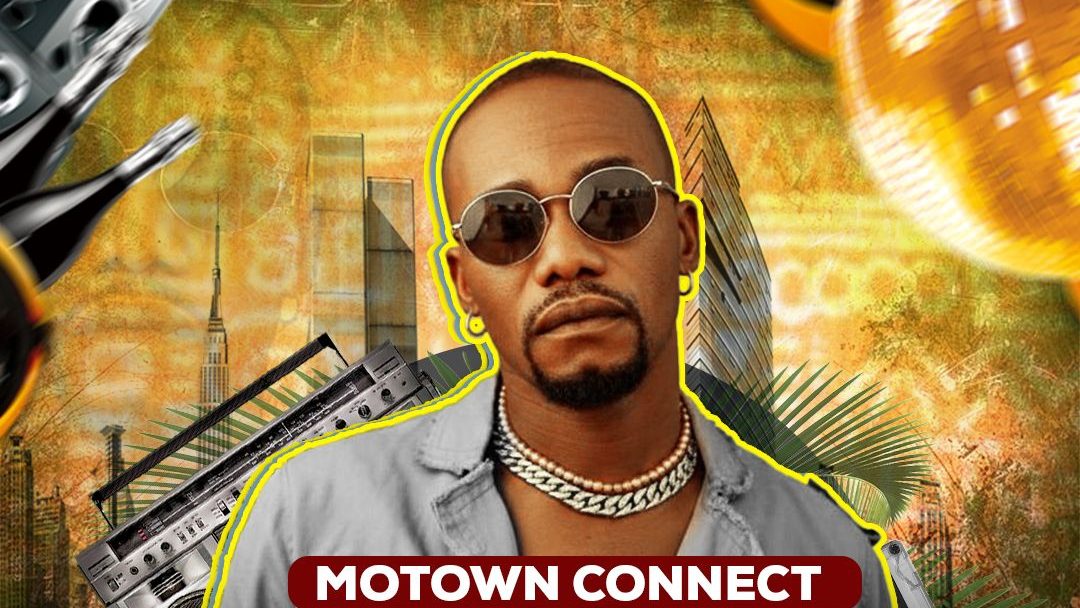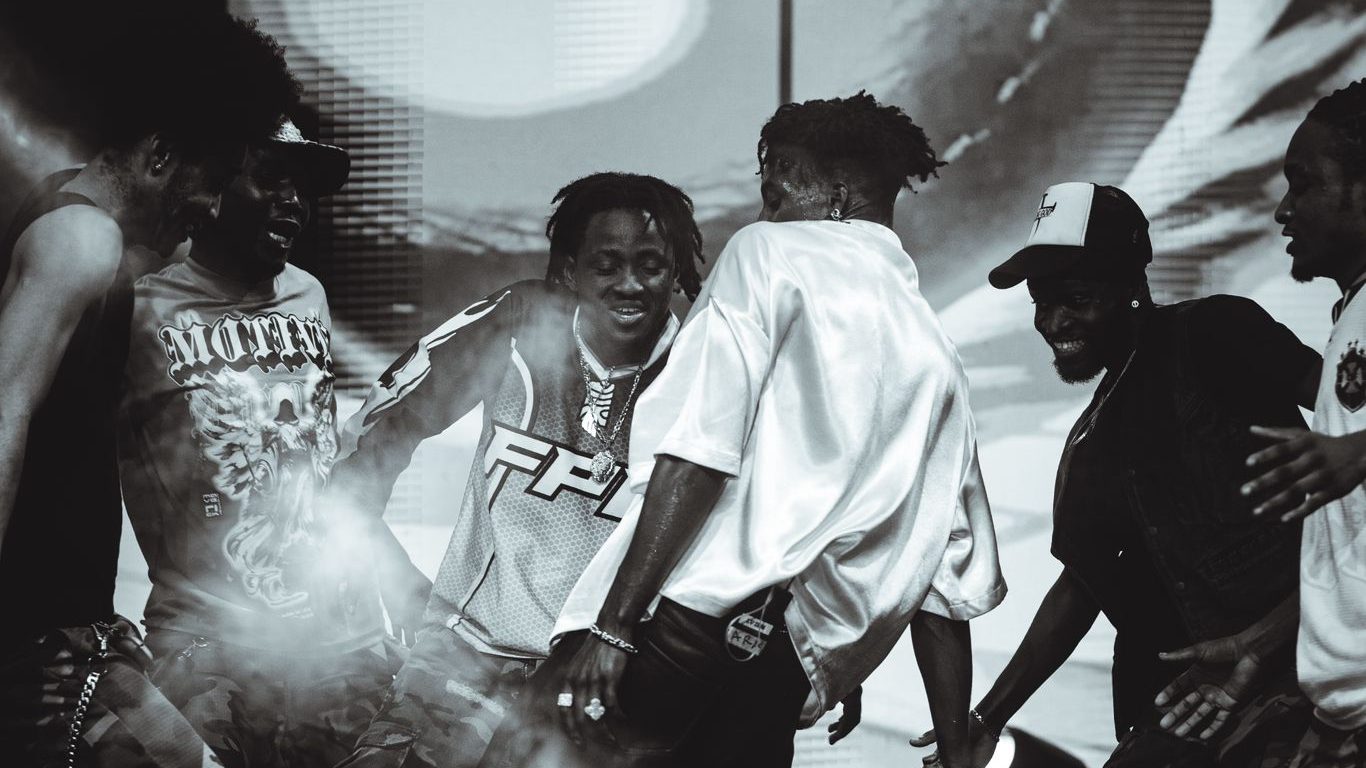Camidoh Shares Views On the Impact the Ban On Endorsing Alcoholic Beverages Has On Influencers
Alcoholic brands have, in recent years, used the entertainment scene to attract most of their users to purchase their products. Be it in event activations, brand placements in music videos, or an endorsement by an artist or an actor, these brands always find their way to market their products to users.
In Nigeria, big stars like Davido, Wizkid, Burna Boy, and Olamide have been used as influencers endorsing alcoholic brands, Martell, Hennessy, Star Beer, and Ciroc, respectively. Their influence makes their followers or fans buy these drinks, and they, in turn, land huge deals from these brands.
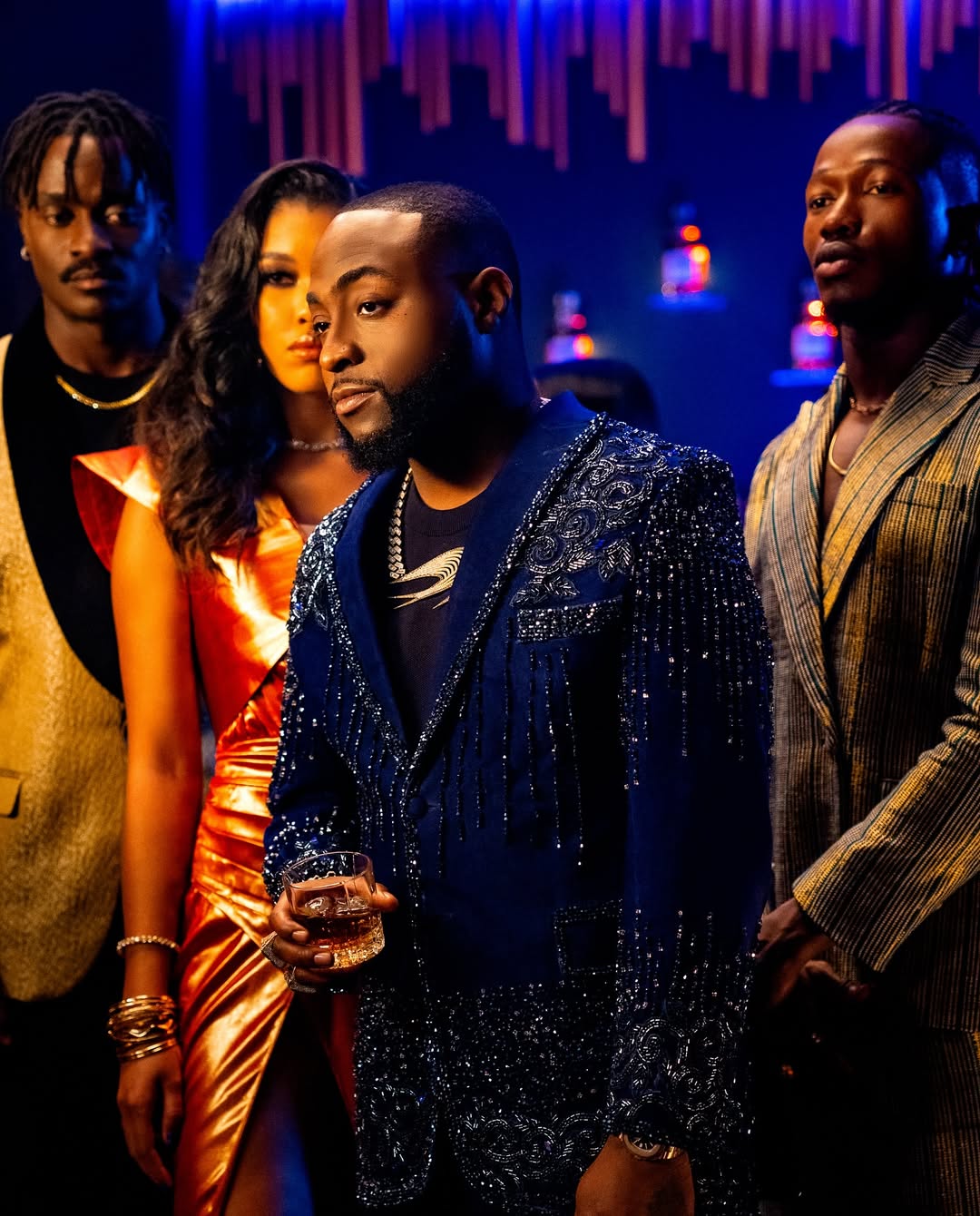
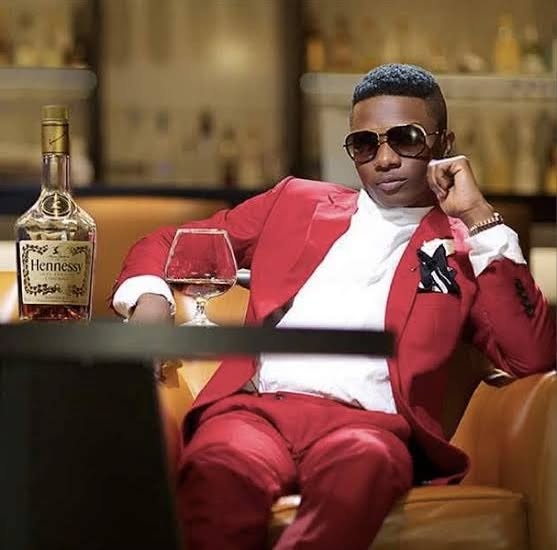
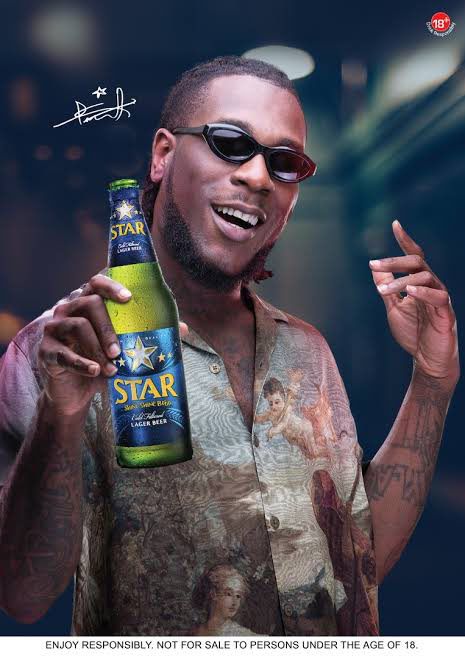
Davido, in a brand ambassadorial deal with Martell, explained how he raised the GDP of the drink brand in Nigeria to more than 22%, with his influence, and now has a self-branded bottle. Imagine how much income he’d earn because of that?
In Ghana, these endorsements and advertisements are not possible because celebrities are not allowed to promote alcoholic beverages. The Food and Drugs Authority (FDA) enacted this prohibition in 2015, intending to shield kids and teens from the possible harm that celebrity endorsements could do to alcohol intake. On April 10, 2024, the Supreme Court ruled that a Food and Drug Authority (FDA) decree banning the use of known individuals (celebrities) and artists in alcohol marketing was constitutional.
Kenya might also enact the law prohibiting artists from endorsing alcoholic beverages, and this has sparked debates and conversations on social media among netizens who are for or against this.
Ghanaian musician Camidoh, in an interview with the BBC, spoke about the challenges of legal action prohibiting artists from advertising or endorsing alcoholic brands. He said that this cuts off a stream of income from the artist, whose main aim will be to use his or her platform to advertise these drinks to persons who are of age.
“All of the funds for accumulating funds were very limited. One source of funding that we learnt about that was viable was advertising and brand endorsement. And the brands that will pay you good money are the alcoholic beverages companies”
These companies make you a great amount of money once you strike a deal with them or endorse their brand. He compared the money being made here to accumulating money through royalties in Ghana, which has no structure or system.
He also argued that, unlike in the past when adult content was far from the viewership of kids, these days, social media is a major factor shaping the mindsets of kids because anything and everything is online and not censored. Regardless of who is endorsing these alcoholic brands, people below the age of drinking alcohol because of social media will still see these adverts, he went on to explain.
What you are stopping us from influencing, is being put out there regardless
Camidoh argued that the policy in itself is not effective because of social media and that the law-making body should come to a consensus with the artists and the alcoholic beverage companies on the way forward.
